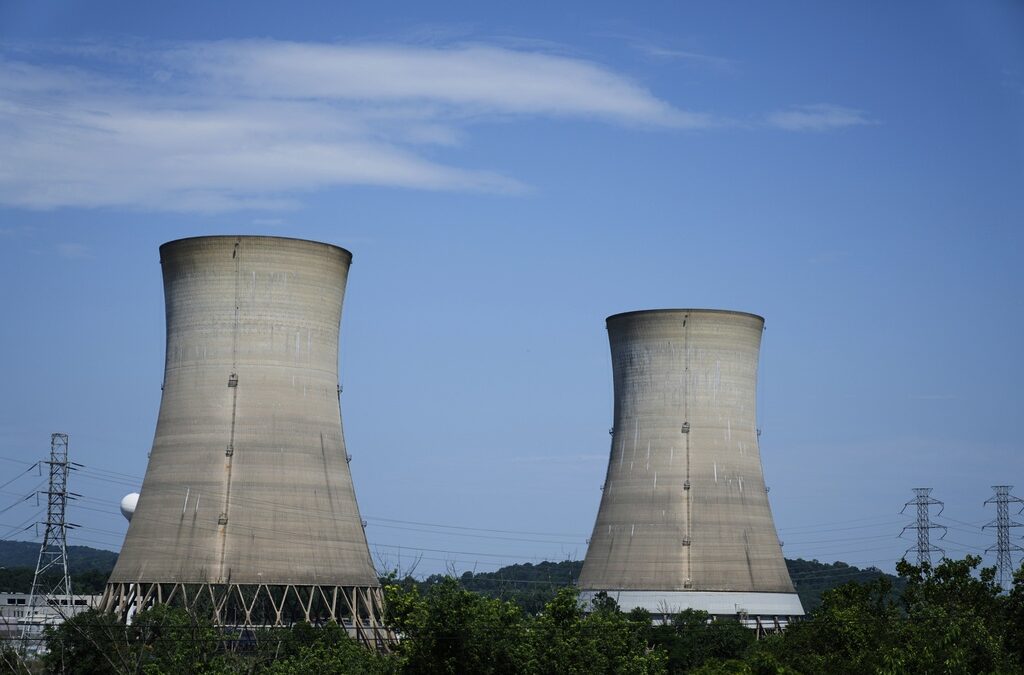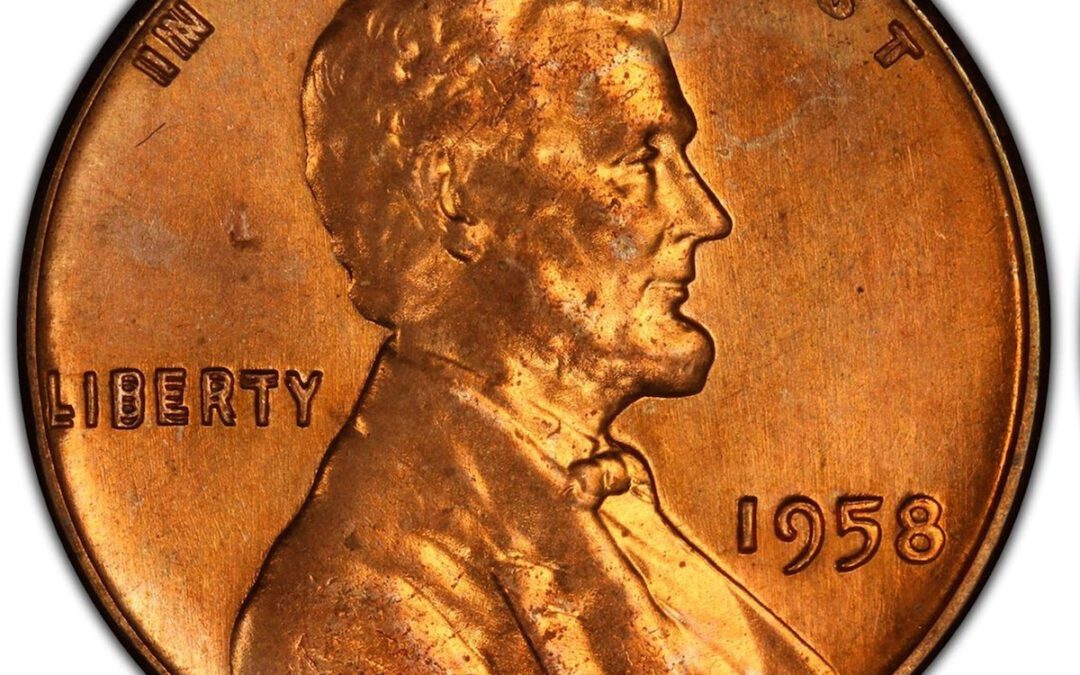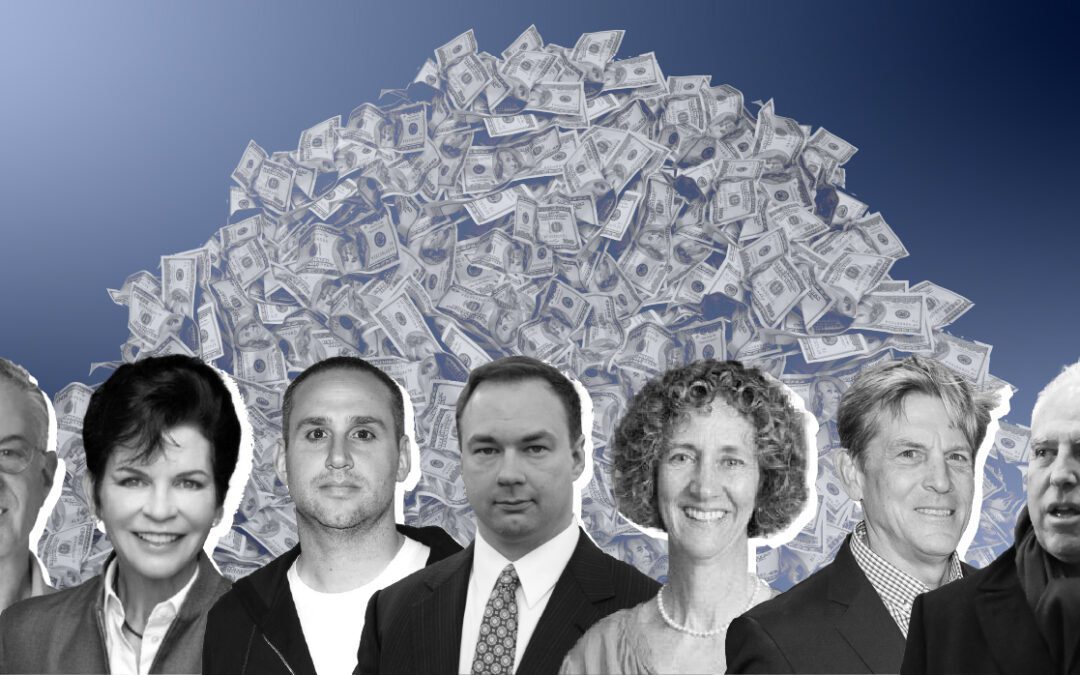
Image Source: Courier Newsroom
Donald Trump doesn’t like to talk much about the public policies he would propose if he becomes president again. To the despair of his own political advisors, he would rather make juvenile, personal attacks against Kamala Harris.
But maybe Trump knows what he is doing. For if you look at the policy proposals he and his closest advisors have actually supported, you’ll see that they would be disastrous for working people. That’s especially true when it comes to taxes.
Here’s what we can surmise from what he has said and done about his likely tax policies and how they would affect Pennsylvanians.
First, he would seek to reauthorize the 2017 Trump tax cut law, which expires in 2025. The tax cut was so tilted in favor of the wealthy, rather than workers, that it had the dubious distinction of being the only tax cut that was wildly unpopular since the invention of polling. It drastically cut corporate taxes and taxes on the wealthy, while offering working people only token reductions in taxes. And it never brought about the new investment Trump promised. Instead, corporations used their tax cut to buy back stock, helping their rich owners get richer while avoiding taxes on dividends.
Recent projections by the Institute on Tax and Economic Policy (ITEP) show that making the 2017 tax cuts permanent would again benefit the very wealthy a great deal but everyone else very little. The top 1% in Pennsylvania households, making $891,700 or more, would get a tax cut of $50,230 per year. Households in Pennsylvania in the middle 20%, with an average income of $74,450, would get a tax cut of only $990. And households in the bottom 20%, with incomes below $27,500, would get a tax cut of only $80.
That’s bad enough. But things could get even worse for working Pennsylvanians if Trump pursues the recommendations of Project 2025, which is organized and written by his biggest supporters. Under that plan, tax rates would be consolidated, raising them for low-income workers and lowering them for high-income ones while also eliminating all tax credits. Our estimate is that this plan would require a family of four at the state median income of $119,000 to pay an additional $7,167 MORE in taxes per year. A family of four with an income of $50,000 would pay $6,315 MORE in federal taxes per year. But a family of four that breaks into the top 1% of Pennsylvania families, with $891,700 in income, would pay $22,594 less in federal taxes.
And we are still not done. Either of those tax proposals, and others Trump has proposed, would drive up the federal deficit. But Trump says he will reduce the deficit by implementing a 60% tariff on Chinese imports and 10% on all other imports.
Trump claims that businesses in other countries pay tariffs. That’s simply not true. Businesses in the importing country pay tariffs and pass the cost on to US consumers. And if those businesses’ prices go up, their US competitors would also raise prices. The Peterson Institute, a right of center organization, calculates that the average US family would pay $1,700 more per year as a result of Trump’s tariffs.
And what’s worse, while tariffs might raise about $227 million per year in the first year, it’s probably still not enough to pay for his tax cuts for the wealthy. And as people shift from buying goods that are costly because of tariffs to goods that are less costly, the tax take will decline. So, deficits won’t come down due to the tariffs.
Nor will tariffs create jobs. Trump’s 2018 tariffs on steel did not do so. And in general, tariffs don’t because they reduce US exports and thus the jobs that produce them. First, tariffs tend to raise the value of the dollar, making our exports more expensive. And second, they lead to retaliatory tariffs by our trading partners, also reducing our sales.
Narrowly targeted tariffs to protect growing strategic industries like computer chips or solar panels make sense. But broad tariffs simply don’t make economic sense for anyone. Indeed, high tariffs like the ones Trump is proposing have a terrible record, including helping to bring about the Great Depression.
Trump may not want to talk about his plans for another term as president. But we need to do so because his plans would be disastrous for our economy and especially for working people. And while rich people benefit from his tax cuts, once Trump’s deficits and tariffs sink our economy, even they would regret supporting him for another term.

The Little League World Series generated nearly $40 million for Lycoming County’s economy
With the NFL Draft in Pittsburgh, and the FIFA World Cup, March Madness, and MLB's All-Star Game taking place in Philadelphia, major sporting events...

Microsoft describes Three Mile Island plant as a once-in-a-lifetime opportunity
The Dauphin County plant’s reopening will support at least 650 permanent jobs and hundreds of other positions during the recommissioning process. In...

Do you have a rare penny? What to do with your old coins as Treasury stops minting penny
Pennies from heaven? That idiom for good fortune might prove true if you take the time to shake out those jars of old coins you stashed away. You'd...

Meet the 18 Pennsylvania billionaires on Forbes’ ‘Richest People in the World’ list
A Republican mega-donor with ties to Trump and TikTok, a candy bar and pet food heiress, the owner of 84 Lumber, and the primary owners of two...

‘Some people work their butts off and other people get rich’: Gwen Frisbie-Fulton’s view from rural America
Growing up, my dad only made two rules for me outside of my chores. The first one was that I wasn’t allowed to make soap with lye. Glycerine soap,...





